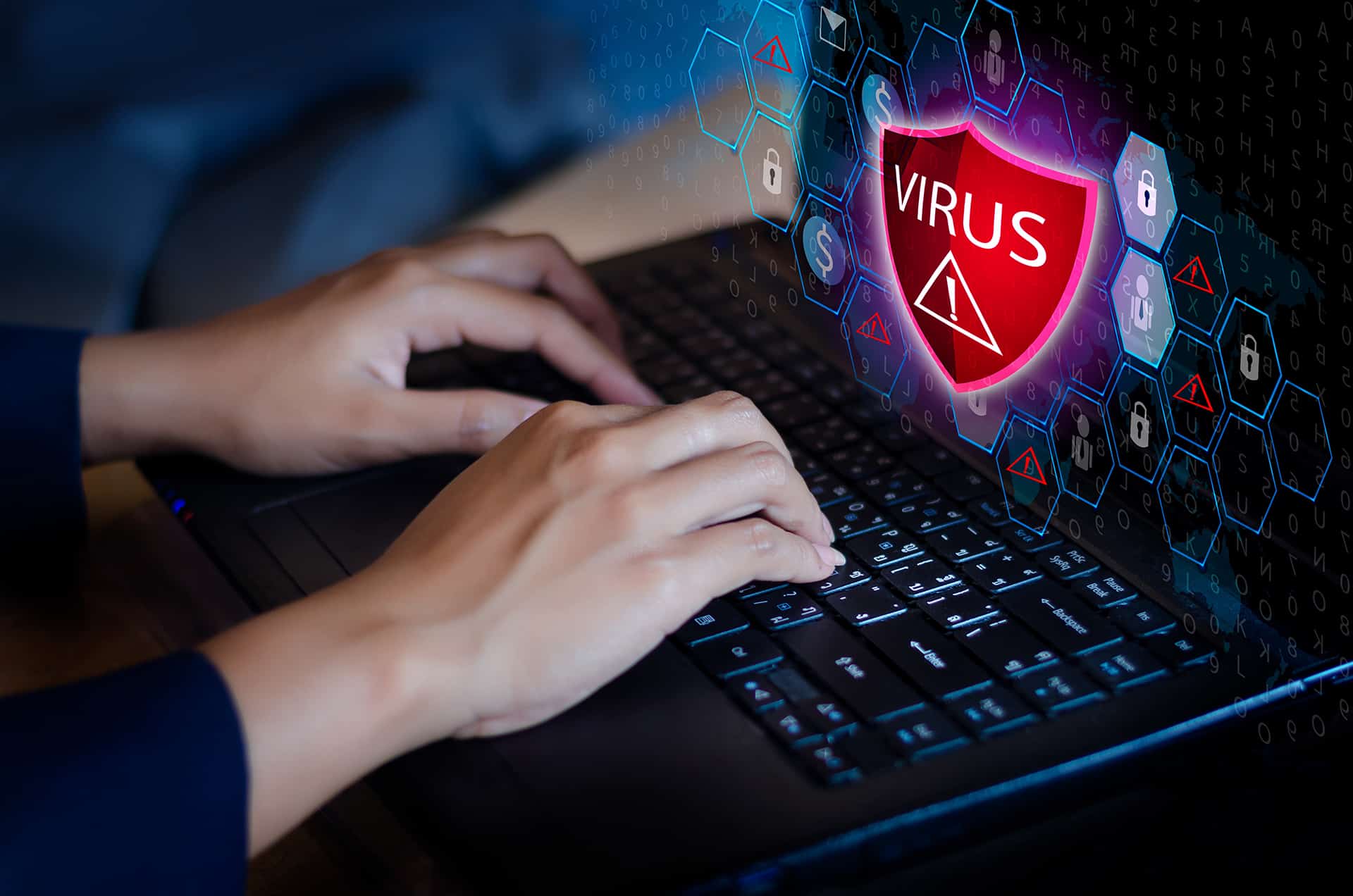Technology has become a common part of modern business infrastructure and takes many forms. Computers, smartphones, databases, intricate security systems, and specialized software are just some of the advanced tools you encounter every day in businesses large and small. One of the persistent dangers of daily computer use in your business is viruses. It is far easier for your computer to become infected with malicious software than you may think. Hackers and other criminals have become very creative in finding ways to compromise computers. These methods can range from social engineering to unsolicited emails with attached viruses that appear at first glance to come from a reputable source. The damage viruses can do to a business is why desktop support provided by companies, such as AnyTech365 is so essential.
Let’s take a look at some of the most common types of viruses that are encountered by computer users.
The Most Common Types of Computer Viruses
1. Ransomware: one of the most dangerous types of viruses encountered by professional entities is ransomware. This type of virus makes a computer’s data inaccessible and demands payment to re-allow access. As many companies simply pay cybercriminals to solve the issue, this has become a widespread problem due to its financial aspects. This is particularly harmful to a business as it not only causes system issues, it also extorts money.
2. Keyloggers: one of the oldest types of computer viruses. Keyloggers collect information that is typed into a computer. By tracking the keystrokes, a hacker can gain access to an assortment of protected information. Keyloggers can gather usernames, passwords, payment information such as bank accounts and credit cards, and personal information such as social security numbers.
3. Browser Hijacks: this type of virus infects your web browser by guiding it to fraudulent websites. For example, a hijack may direct your browser to a website that looks like it is owned by a legitimate business such as a bank. However, the website is fake, and any information collected (such as usernames and passwords) is transferred to criminals who both use and sell such information.
4. Spyware: when a computer is infected by spyware it means an outside third party can spy on a computer user. Spyware can include viewing a user’s screen, tracking their activity, and even viewing them via the webcam. This type of virus is highly invasive and dangerous. Plus, spyware doesn’t cause any outward issues, meaning it can go undetected for a long period before removal.
5. Rootkits: a rootkit is especially difficult to remove and dangerous viruses. A rootkit is designed to target parts of the computer beyond the operating system. These root components control basic operations such as the computer booting up and turning on. They are parts of a computer’s software not meant to be accessible. This can make rootkit removal challenging even for experts.
6. Crypto Miners: crypto miners are a newer type of virus that has emerged due to the growing value of various cryptocurrencies. A crypto miner takes over your computer’s processing power and resources to mine for cryptocurrency and sends the resulting coins to the individual who installed the virus. As a criminal stands to finically benefit by misappropriating other’s resources, these viruses have become a more notable problem.
7. Polymorphic Viruses: an advanced form of computer virus. A polymorphic virus can change its code without the need for a programmer. These viruses adapt and change their coding automatically. This is done chiefly to avoid detection and removal by computer antivirus software. This adaptability makes polymorphic viruses hazardous.
Final Thoughts
While all computer viruses are malicious code, they can vary greatly in design and function, they are also always changing as cybercriminals are always improving their tools. These many hazards are one reason proper desktop support is essential to your business’s safety, reputation, and continued success.
